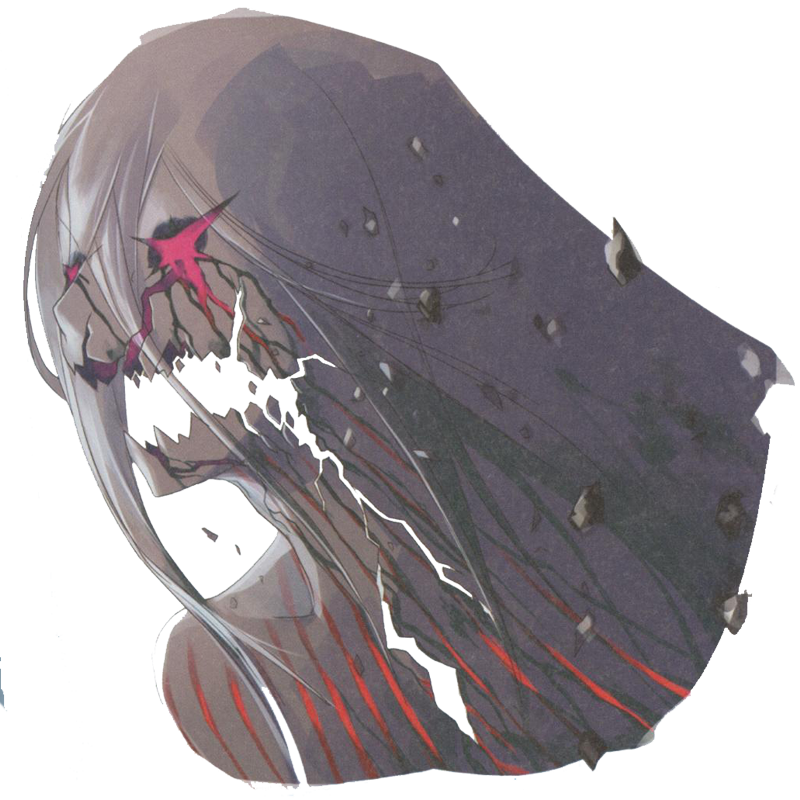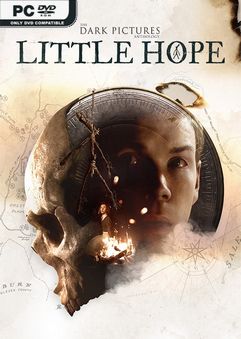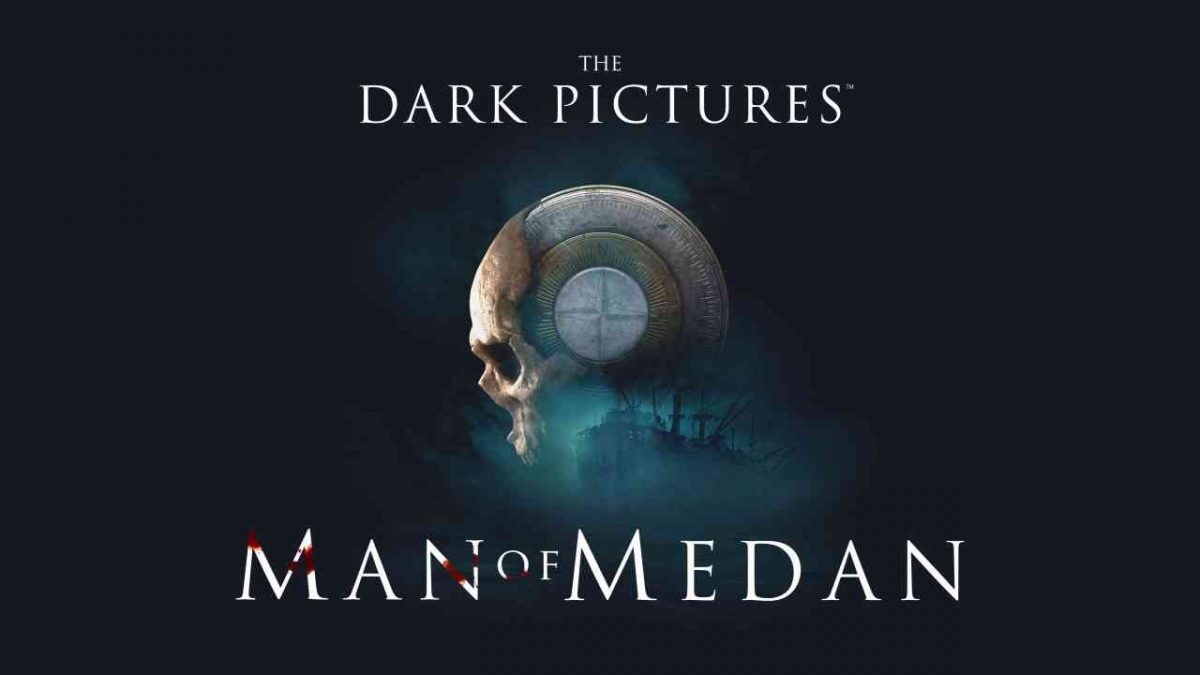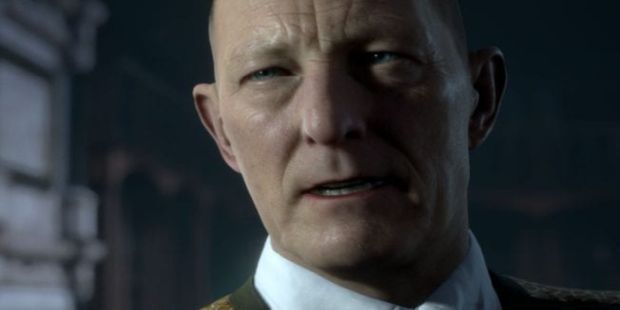

Not specifically horror, but interesting storytelling, cinematic presentation, and narratives strongly influenced by players’ actions.

The opportunity to create Until Dawn opened our eyes to what we could become, and where we might focus for the future. Until then, we had been doing a lot of varied work and hadn’t really focused on many of the things that people now identify in a typical Supermassive Games game. Looking back, it’s clear that Until Dawn was a turning point for us.

Supermassive Games CEO Pete Samuels: We’re 13 years old this year and I think it took us half that time to really find our real identity as a studio. How would you say the studio evolved from its early days working on titles like LittleBigPlanet and Killzone, to its current state so deeply invested in an eight-part, narratively-driven horror anthology? Looking at Supermassive’s thirteen-year history as a game developer, it seems like the 2015 release of Until Dawn and the overwhelmingly positive response to it had an outsized impact on the studio and what it creates. We chatted with Pete Samuels, CEO of Supermassive Games, about the company’s evolution, how it creates such horrific masterpieces, and where the anthology stands as it approaches the first season finale: The Devil Within. And this year, House of Ashes will have players trapped in an underground Mesopotamian temple during the 2003 Iraq War. In 2020, Little Hope delivered players to a ghost town. The anthology premiered with Man of Medan, which drops players onto a ghost ship. In 2019, the studio revealed its opus: The Dark Pictures Anthology, a series of eight interactive-storytelling survival video games that explore a swath of horror genres.

In the years since, the studio has worked on a plethora of games across a few genres but seems most comfortable doling out terror-tinged stories to a variety of platforms. The release of that year’s Until Dawn and the positive response to the horrific bit of interactive storytelling (not to mention winning a BAFTA) changed the direction of the studio, and more importantly, helped it find its identity. Sometime around 2015, Supermassive Games had an epiphany of sorts.


 0 kommentar(er)
0 kommentar(er)
